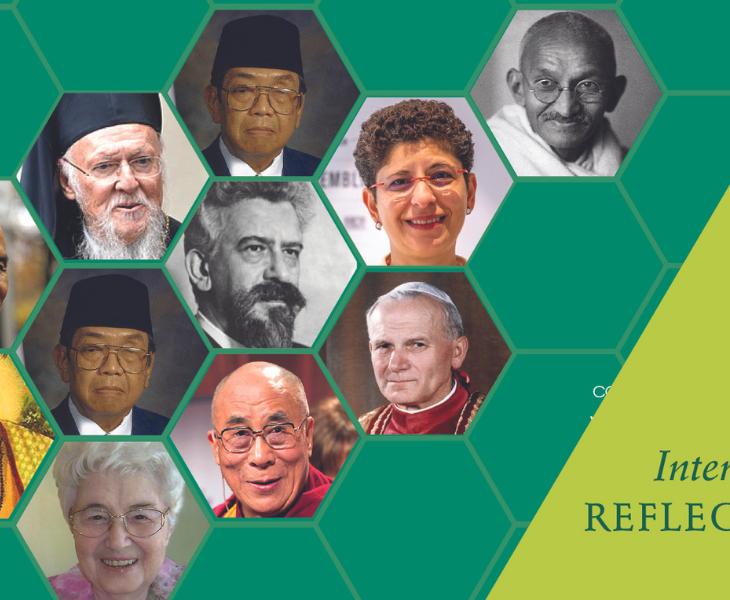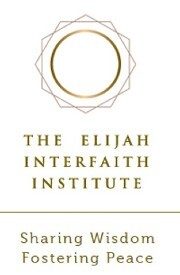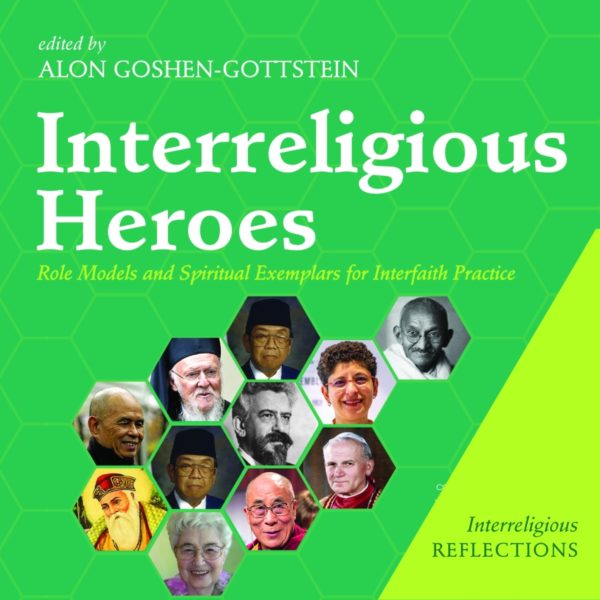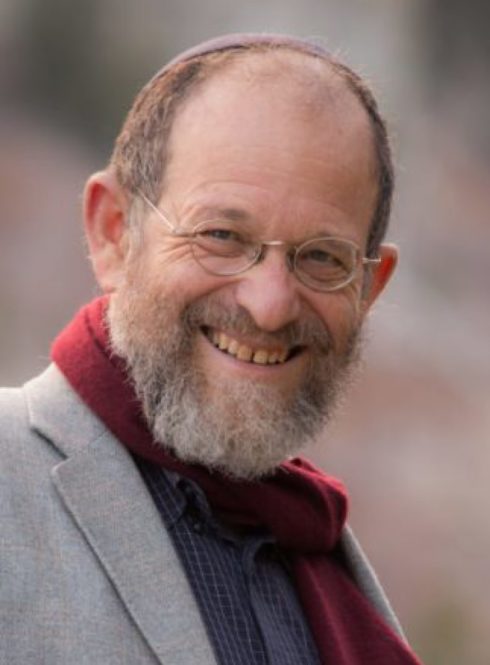A New Book Shines a Light on Peacemakers and Interreligious Heroes
February 24, 2022

Register here to join the Miller Center for Interreligious Learning & Leadership of Hebrew College and the Elijah Interfaith Institute on March 1 at 1 pm ET for a gathering of learning in celebration of the recently published book, “Interreligious Heroes.”
Share
Related Articles
American Civic Life
American Civic Life
Amid Book Bans, Muslim Authors, Parents Advocate for Children’s Books Representing Islam
Interfaith Inspiration

So, it makes sense that when I sought to convene scholars and leaders of all major faiths in order to honor my friend Rabbi David Rosen in honor of his 70th birthday, I would turn to yet another dimension of religion made personal, this time in the field of interfaith relations. Thus was conceived “Interreligious Heroes: Role Models and Spiritual Exemplars for Interfaith Practice.”
This is a work I take particular joy in, inasmuch as it is not only a study of a figure. It is, in fact, a history and an overview of the entire interfaith movement. It is thus one valuable entry point into interfaith studies, seen through the lens of the great men and women who shaped the movement. Whether for purposes of individual learning or for purposes of classroom study, this collection of short essays functions as an introduction to interfaith.
Forty noted religious leaders and scholars responded positively to my invitation to contribute. This is what they were asked, and I quote from the letter of invitation:
The choice of topic stems from the recognition that all those who are working in the field have been and are inspired by figures who preceded them and who serve as inspirations and role models. What we would like is to learn :
a. Who is a figure who inspires your interfaith work?
b. How does this figure inspire you and what lessons, applications and concrete expressions has this inspiration taken in your life?
The writing should be personal, but grounded in the objective reference to the figure.

It was quite interesting to note the breakdown of interfaith heroes. Church hierarchs tended to write about other hierarchs; children wrote of their parents; women tended to write of other women. Most heroes were chosen from one’s own religion, a fact easily explained in view of the premium placed upon inspiration. There are, as this volume indicates, some notable exceptions. Some individuals found their inspiration in figures of other religions. Significantly, the figures profiled in other religions are inadvertently teachers and scholars, rather than religious leaders in any organizational sense. Scholars provide a neutral bridge, that allows inspiration to be shared beyond one’s own religion.
The heroes are classified according to the different emphases and ways in which they practice interfaith — all in all, seven large categories representing diverse forms of interfaith. Perhaps the most common cause for present-day interreligious engagement is not so much the view of the other but the ways in which engaging the other serves the needs of society. The most frequent needs in today’s interfaith scene are advancing peace or taking care of what Pope Francis refers to as our “common home.” It is therefore no surprise that the most populated sub-group in the present volume is the one that describes individuals whose efforts can be described as “engaged and peace activism.” Within this group peace is perhaps the most important and common concern, often serving as the primary motivator for interfaith relations on the ground.
Considering the collection as a whole, it offers validation on many levels. It validates the approach to interfaith studies through the lens of heroes. It also validates distinct approaches to interfaith as serving their respective purposes. And finally, it validates the key intuition, and that is that one can be inspired by the interfaith work of individuals from other traditions, as they give expression to novel ways of practicing interfaith relations, ways that speak not only to them or to their communities, but to all those who seek to deepen interfaith experience and understanding.

Alon Goshen-Gottstein is founder and director of the Elijah Interfaith Institute. A noted scholar of Jewish studies, he has held academic posts at the Hebrew University of Jerusalem and Tel Aviv University and has served as director of the Center for the Study of Rabbinic Thought, Beit Morasha College, Jerusalem. His book “Interreligious Heroes” is available with a 50% price reduction with the coupon code ELIJAHINTERFAITH.



